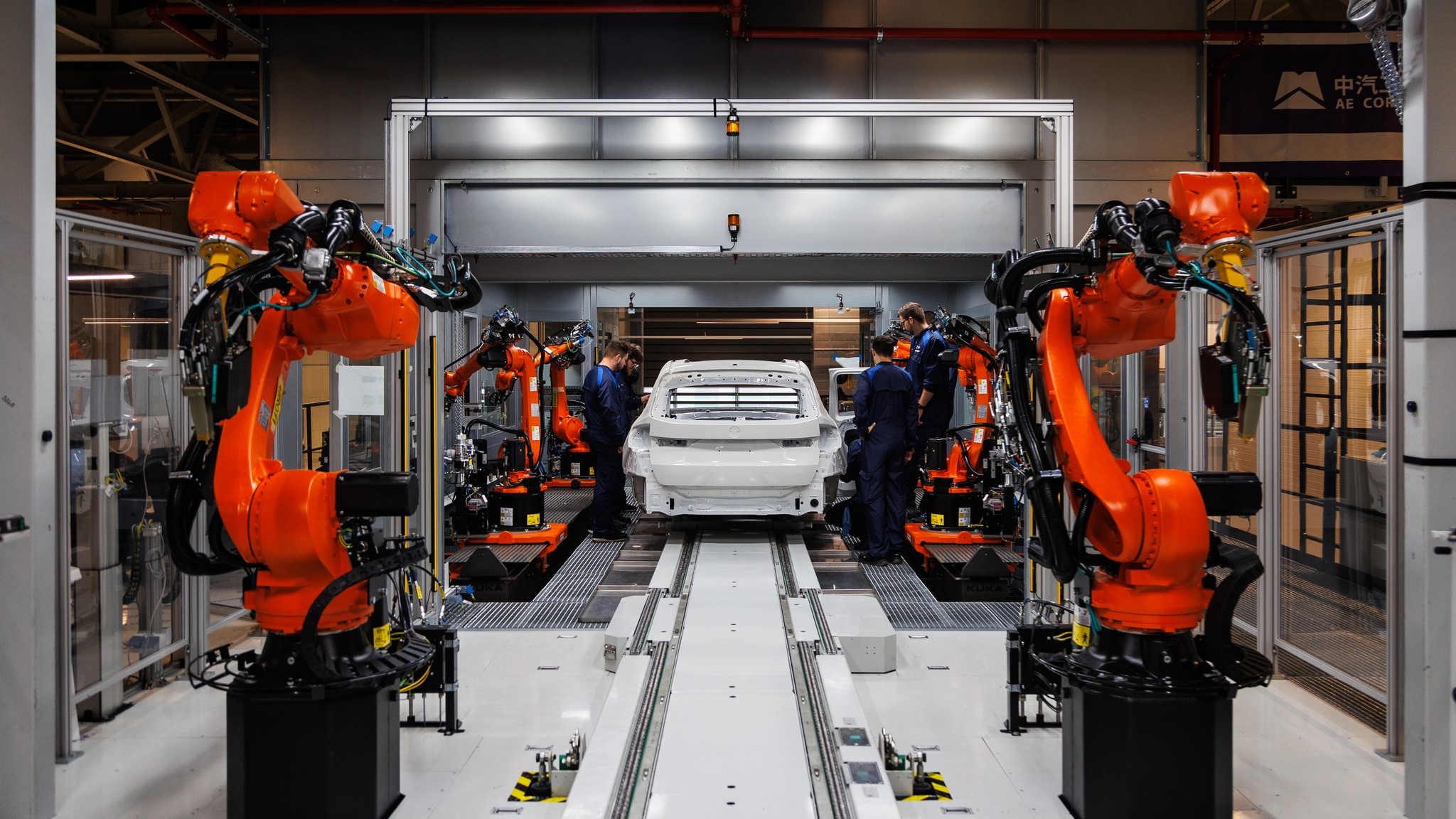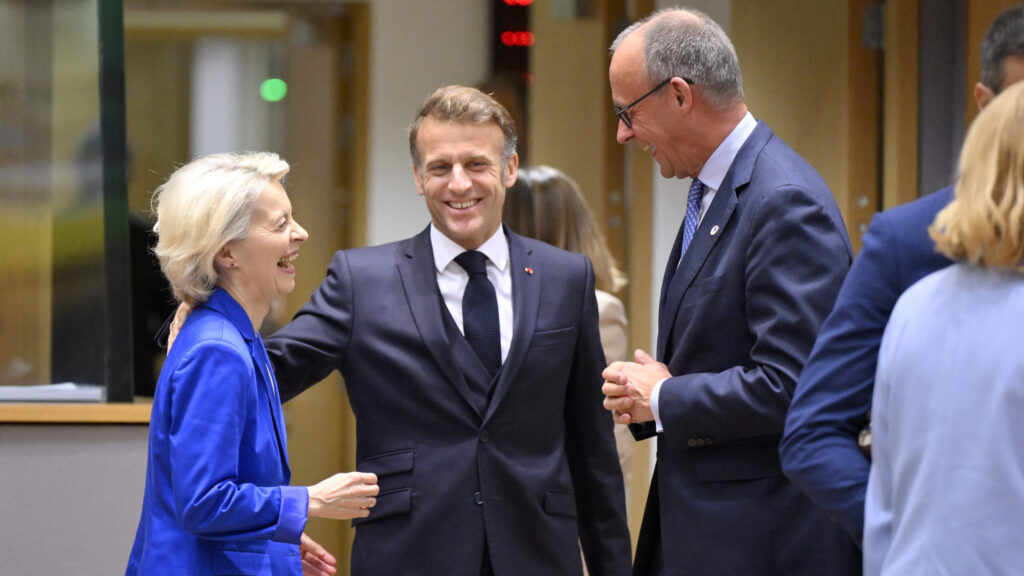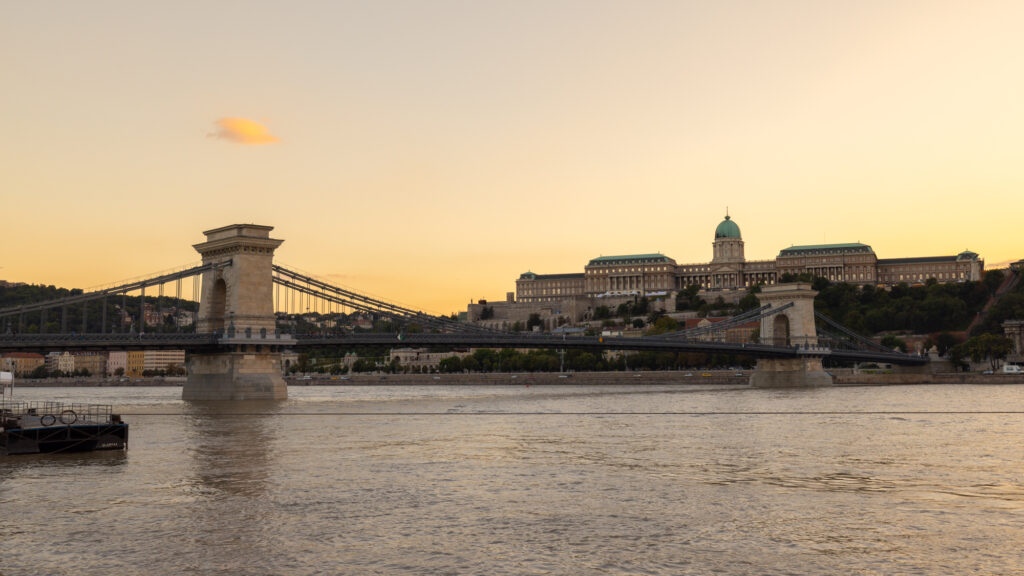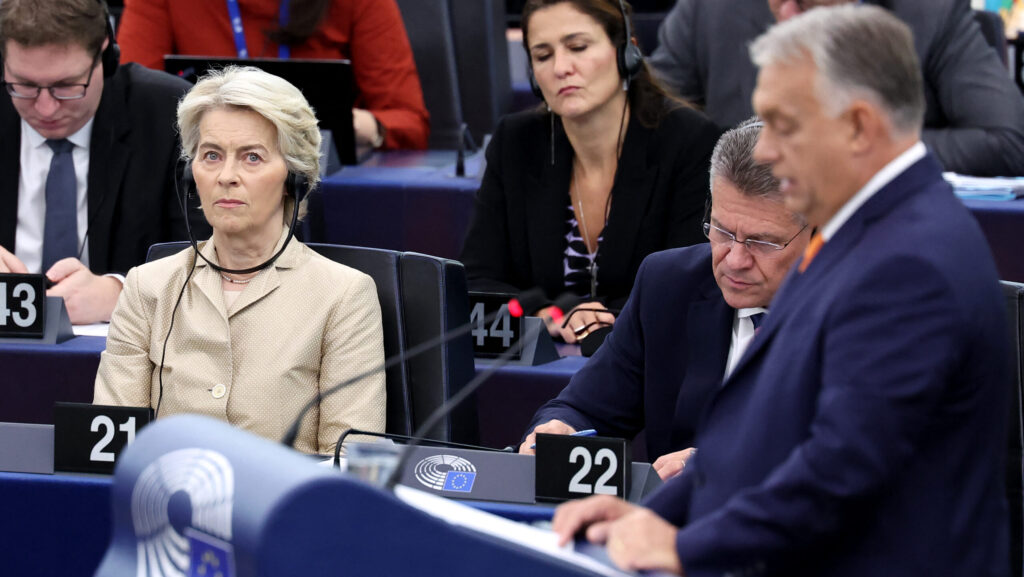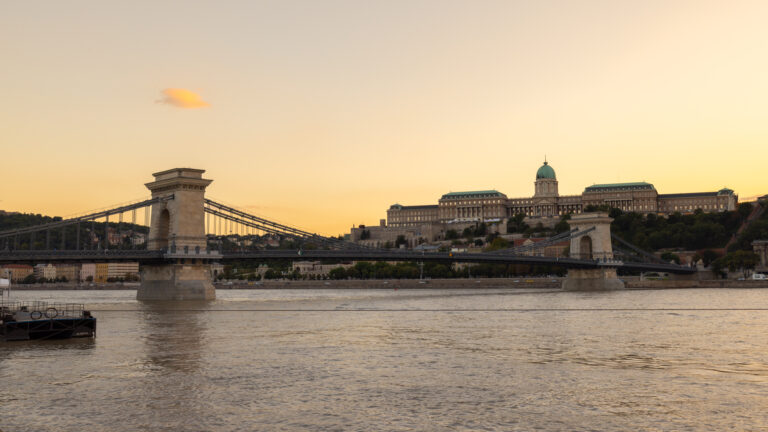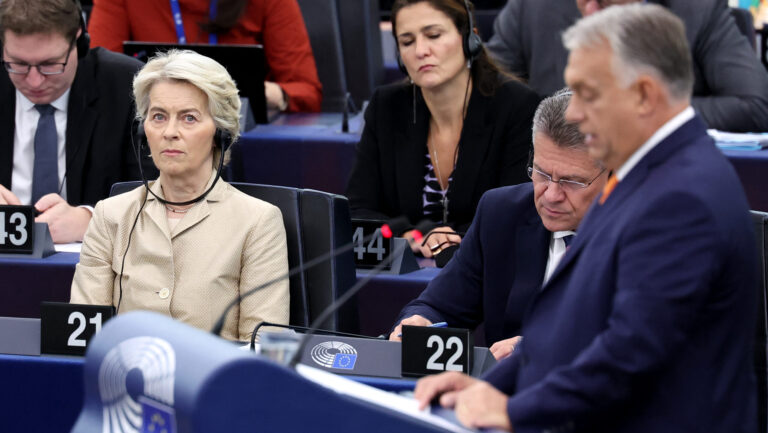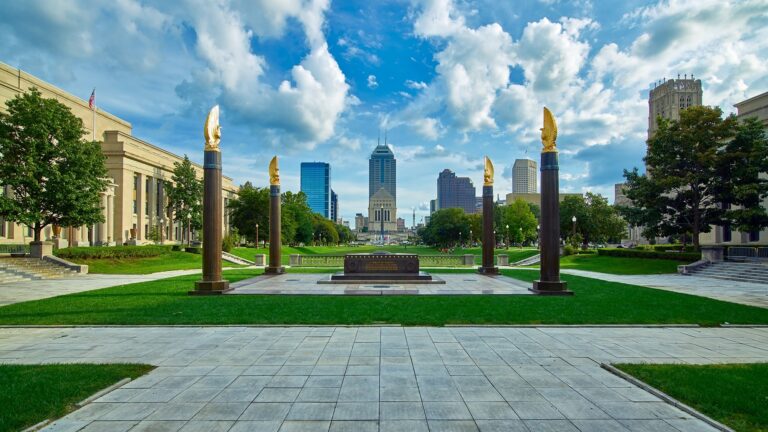The buildings of BMW Group’s Debrecen factory are soon to reach their final form, the company has announced. Through the application of various new processes and systems, such as power-to-heat, Heat Grid, and eRTO, the Debrecen facility will be the first paint shop in BMW Group’s global production network to fully abandon the use of fossil fuels. The new vehicle factory in Debrecen, where trial production will commence by the end of this year, will serve as a model for all future plants based on the BMW iFACTORY principles.
The new Debrecen paint shop is capable of painting thirty car bodies per hour through a fully automated painting process. This capacity can be significantly increased in the future.
The implementation of the technology will be carried out by experts using BMW iX1 models. The high-tech system was developed and designed using the expertise available within the manufacturer’s network. The three-story building, which houses the paint shop and spans 33,000 square metres, provides ample workspace for modern manufacturing.
The principle of power-to-heat is fundamental to the operation of the Debrecen paint shop without the use of fossil fuels, such as natural gas.
All furnaces and other processes required for technological operations will be powered entirely by electricity, rather than by natural gas as was previously customary. This principle significantly reduces the paint shop’s carbon dioxide emissions, even though the absence of natural gas will result in increased electricity consumption. In Debrecen, the energy required for production, generated outside the plant, will come exclusively from renewable energy sources.
BMW Group Gyár Debrecen
Izgalmas, színes fejezet kezdete – A BMW Group új járműgyárában elsőként a festőüzemben indul el a termelés 🎨 🚗 A próbagyártás 2024 év végén indul el Debrecenben 🌍 Magas szintű szabványok…
The so-called Heat Grid energy efficiency project was successfully implemented during the planning phase of the new paint shop. The innovative concept combines several measures for efficient energy recovery, allowing for up to 10 per cent additional energy savings. The central element of the project is a large multivalent storage boiler that collects waste heat from compressed air supply, drying furnaces, and cooling systems, allowing it to be reused to preheat the water circuit. Another unique feature of the Debrecen infrastructure is that the entire system operates at a water supply temperature of just 65 degrees Celsius, compared to the 90-120 degrees Celsius typical of previous facilities. The hot water is used to supply the ventilation system of the paint shop hall, ensuring stable conditions in the paint booths at an operating temperature of 22 degrees Celsius and 60-65 per cent humidity.
Debrecen will rely on the innovative eRTO process for exhaust air purification.
eRTO stands for ‘electric regenerative thermal oxidation’, a process that purifies the exhaust air from the paint shop at temperatures of 800–1000 degrees Celsius
and operates exclusively on electricity, unlike previous methods. During the purification process, the exhaust air passes through a ceramic bed, where solvent residues are incinerated. To achieve this, the air must be heated to high temperatures in a short time. Thanks to the high heat recovery rate—the heat is efficiently retained within the system—the eRTO system ensures a very high level of energy efficiency.
Like many other BMW Group factories, the new Debrecen paint shop employs modern, environmentally friendly dry separation technology. Excess paint that does not adhere to the bodywork in the paint booth is filtered out and mixed with limestone powder. This significantly reduces water consumption and allows the paint booth to operate with up to 90 per cent recirculated air. In other words, only 10 per cent of the air needs to be humidified and its temperature regulated, resulting in significant energy savings. Thanks to this process, the used limestone powder can also be reintroduced into the material cycle and reused, for example, in the cement industry, rather than being disposed of as contaminated wastewater as with previous wet separation technology.
In addition to innovative technologies like Heat Grid and eRTO, comprehensive digitalization also contributes to the high efficiency of the new Debrecen paint shop. For instance, fully automated, driverless AGVs (Automated Guided Vehicles) transport car bodies to the appropriate operations. Furthermore, an Automated Surface Inspection (AOI) system is used, which utilizes artificial intelligence to inspect the quality of the paint and identify areas requiring rework. The paint shop’s design was also carried out virtually, allowing for virtual testing of the structural design before actual construction began. The workers’ preliminary training was also conducted virtually.
Related articles:

